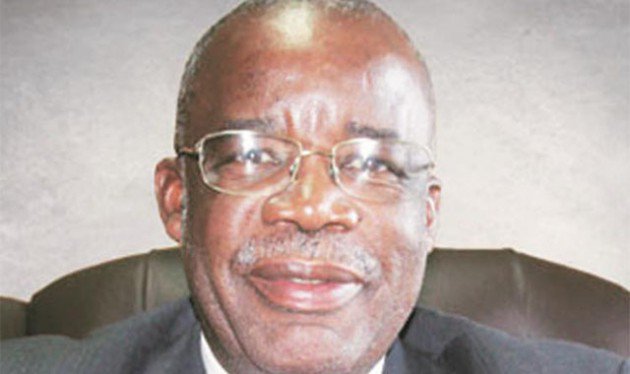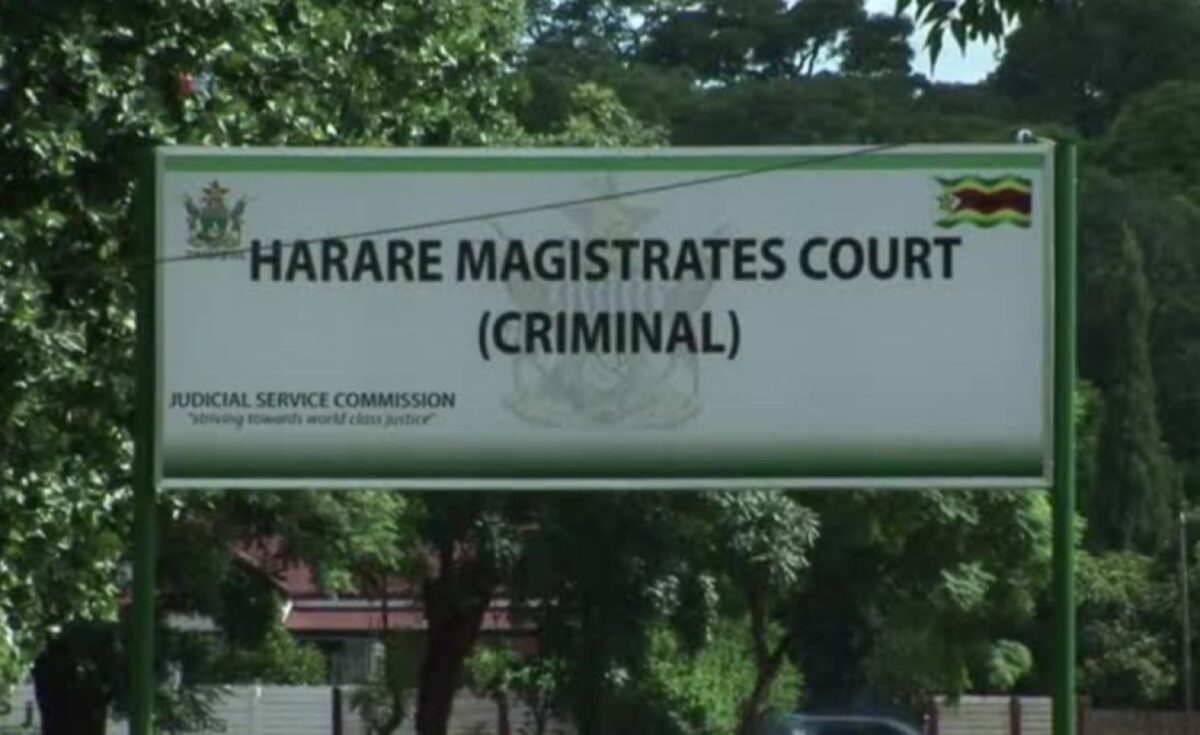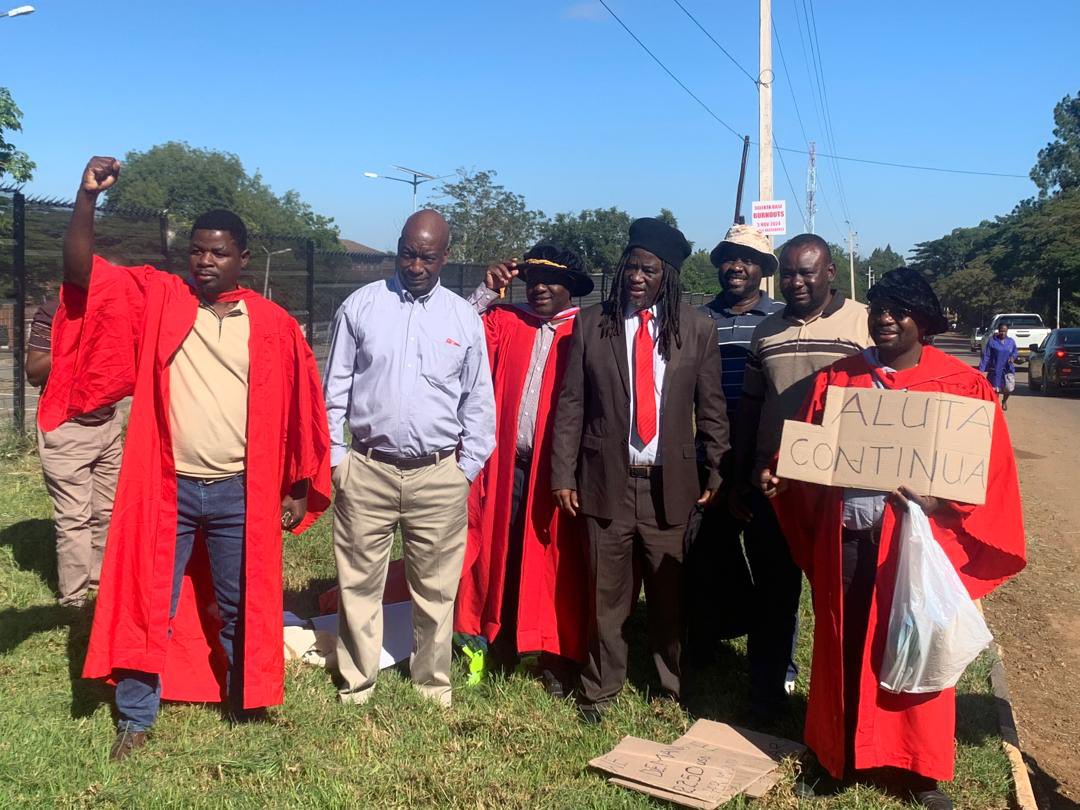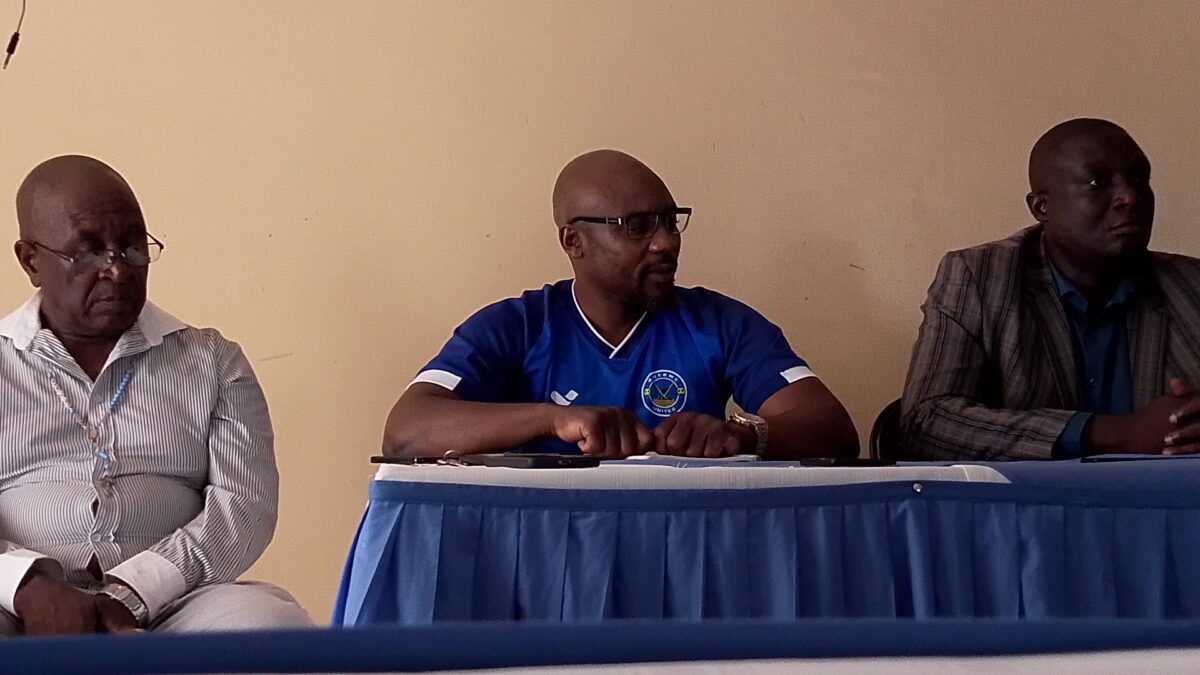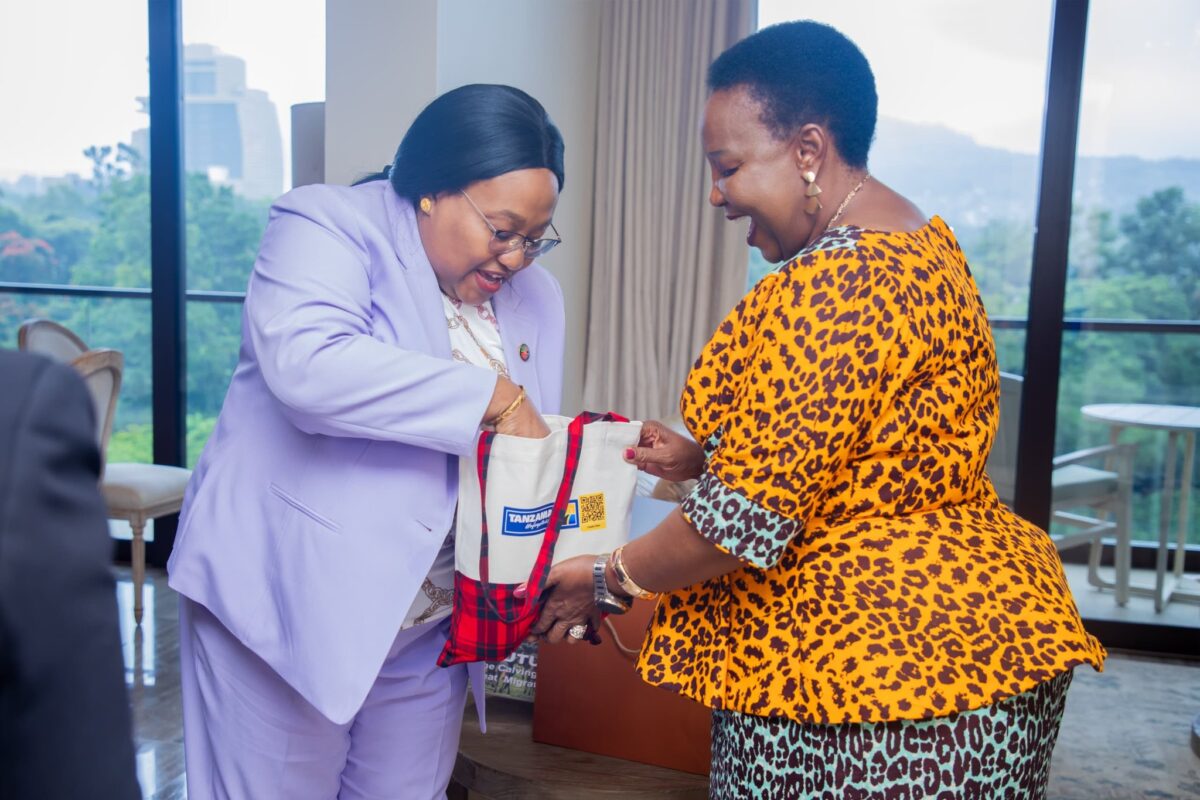HARARE – The High Court has dismissed an appeal against conviction and sentence by former mines secretary, Francis Gudyanga who was earlier this year jailed for corruption.
Justice Benjamin Chikowero, sitting at the Harare High Court, said the magistrate was right when she reached a verdict to jail the former government official.
The judge said there was nothing to add or subtract on points raised by the lower court in its verdict, adding that Gudyanga’s application lacked merit.
He was jailed four years by a Harare magistrate Barbra Chimboza who suspended part of his jail term on condition that he pays back over US$25 000 he pocketed in a Minerals Marketing Corporation of Zimbabwe (MMCZ) circus in which he acted as a lone board member over a period.
Gudyanga was jailed after a full trial during which he denied the allegations stating that he never stole the money as alleged by the National Prosecuting Authority (NPA).
His co-accused, former Mines Minister Walter Chidhakwa was acquitted at the close of State’s case.
Gudyanga argued it made no sense to be convicted over an offence allegedly committed when hee was merely taking orders from Chidhakwa, who got cleared for any wrongdoing by prosecutors.
In his appeal, Gudyanga also argued that he merely took what he worked for as a lone board member for three years.
He said the magistrate erred in convicting and sentencing him.
But in his ruling, Chikowero said he got what he deserved.
“We do not accept that the sentence of four years imprisonment, eighteen months of which were suspended on condition of restitution, is manifestly harsh and excessive as to induce a sense of shock.
“The appellant was afforded an opportunity to undergo only two and half years’ imprisonment if he restituted. The sentence compares favourably with that imposed in Undenge v State HH 222/18,” Chikowero said.
“Sentencing is a matter of discretion. We are satisfied that the learned magistrate judicially exercised her discretion by balancing the mitigating and aggravating circumstances. She gave sound reasons for excluding a non-custodial sentence.
“Any form of corruption is rightly viewed by the courts with abhorrence. It is a dangerous and insidious evil in any country, particularly in a developing one. It is difficult to detect and more so, to eradicate.
“If unchecked or inadequately punished, it will disadvantage society by depriving it of good, fair and orderly administration. Deterrence and public indignation are the factors which must predominate above all others in the assessment of the appropriate penalty.”
Prosecutors proved that Gudyanga pocketed allowances for 10 board members alone after the MMCZ board was dissolved.

